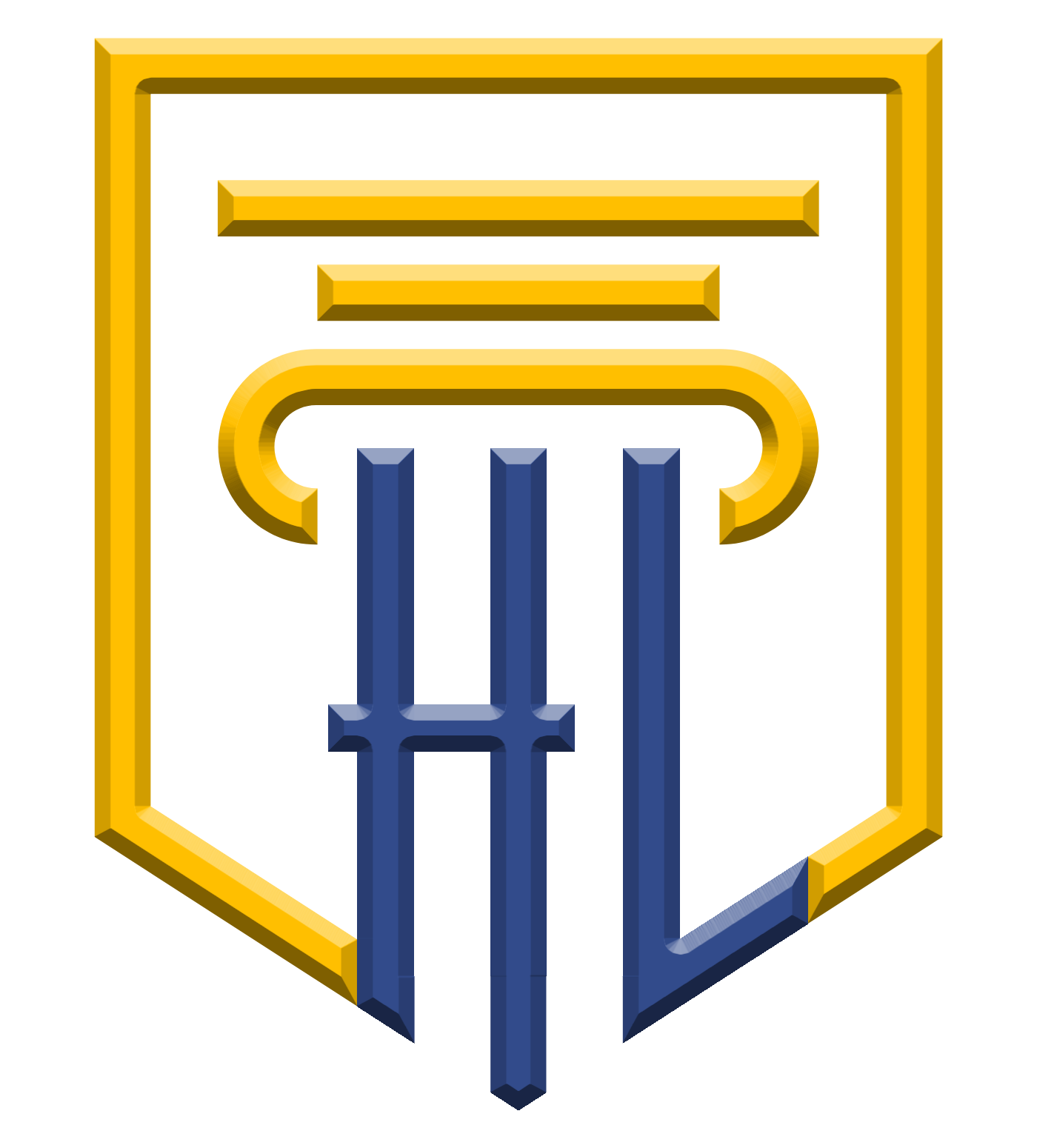Chapter 7

Chapter 7
Chapter 7
Liquidation Bankruptcy
Chapter 7, otherwise known as liquidation bankruptcy, means that your “estate” – i.e., your assets – are sold in order to pay off your creditors.
C-7 is for individuals who have financial difficulty preventing them from paying their debts and are willing to allow their non-exempt property to be used to pay off their creditors. Exempt property is the property or proceeds from property your bankruptcy trustee sells or liquidates that you are entitled to.
The objective of C-7 bankruptcy is to have your debts discharged. The bankruptcy discharge relieves you from having to pay many of your pre-bankruptcy debts post-bankruptcy. Exceptions exist for particular debts, and liens on property may still be enforced after discharge. For example, a creditor may have the right to foreclose a home mortgage or repossess a vehicle.
Even if you file for C-7 bankruptcy and receive a discharge, some debts are not discharged under the law. You may still be responsible for paying certain debts, including but not limited to:
- Most Taxes
- Most Student Loans
- Domestic Support and Property Settlement Obligations
- Most Fines, Penalties, Forfeitures or Criminal Restitution Obligations
- Certain Debts Not Listed in Bankruptcy Papers
- Debts as a result of Fraud or Theft
- Debts as a result of Intentionally Inflicted Injuries
- Debts as a result of Death or Personal Injury Caused by Operating a Motor Vehicle, Vessel or Aircraft while Intoxicated from Alcohol or Drugs.
If your debts are primarily consumer debts, the court may dismiss your C-7 case if it finds that you have enough income to repay creditors a certain amount.
